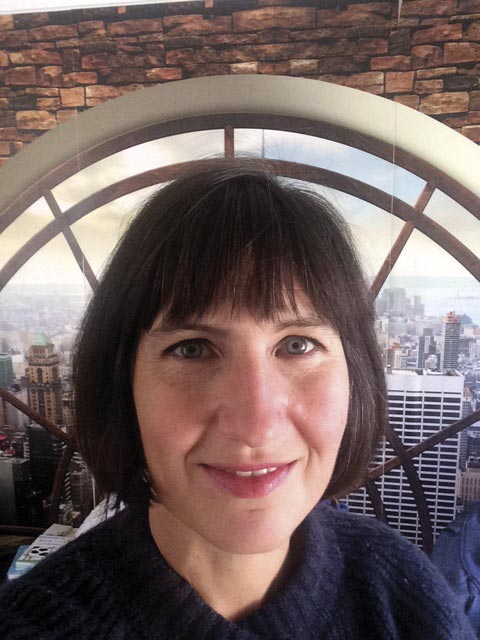 Do you know a fellow doctor with anxiety, depression, burnout or substance abuse? Have you told anyone? Are you trying to help? Do you personally have a mental health problem?
Do you know a fellow doctor with anxiety, depression, burnout or substance abuse? Have you told anyone? Are you trying to help? Do you personally have a mental health problem?

Anyone can suffer from work-related stress, but medical workplaces often have the added pressures of unrelenting hours, patient expectations, changing technology, increasing paperwork, and inadequate funding. Long working hours conflict with family/social commitments and limit leisure activities.
Doctors with mental illness typically struggle alone, and in silence. Sure, there are counsellors, psychologists and psychiatrists a phone-call away. So why aren’t doctors calling?
Within medicine there still appears to be a stigma associated with asking for help. Hospitals have a history of being poor at recognising the need to look after their staff, typically showing little regard for their physical and psychological health.
So, who can doctors go to? What resources are available to help doctors get through difficult times? Back in the 1980s, prominent WA psychiatrist Professor Geoff Riley established a help-line service for doctors. This is still successful for the simple reason that it is discreet and unhampered by bureaucracy or shackled by government funding.
A great current resource is the Doctor’s Health Advisory Service providing 24-hour phone services to doctors and students. Calls are exempt from the mandatory reporting requirements of the Medical Board of Australia. The Australian and New Zealand College of Anaesthetists offers a Doctors’ Support Program: a free and confidential counselling service to fellows, trainees, SIMGs, and their immediate families. The Royal Australasian College of Physicians also offers counselling and coaching to help its members.
However, the effectiveness of counselling on its own as a long-term tool for mental illness is being questioned.
Recent studies have shown it offers only short-term benefits, and that therapies such as CBT are comparatively more effective. Perhaps peer support provides deeper engagement and improved longer-term results?
How does this compare with mental health support in other occupations? From my experience in Disability Employment Services, the government generously funds on-the-job support for diverse clients: older employees, disadvantaged youth, and those with physical or mental health issues. All receive regular on-site or off-site support and counselling.
As someone who has assisted those with psychological challenges and mental health issues in the workplace, I often questioned the effectiveness of counselling. Instead, sometimes helping people to take action, however small, encouraged greater change.
So where is change in medicine going to come from? Retired GP Dr Mike Daly observed that women are changing the culture of medicine. They are gradually breaking down the ‘macho’ world by working family-friendly hours.
Instead of lagging behind, perhaps the medical profession could support its personnel better by evolving into a more nurturing culture. Perhaps women can lead the way to better work/life balance?
References available on request.

